Honda's September sales: Waking up from a dream, becoming "cannon fodder"?
![]() 10/12 2024
10/12 2024
![]() 664
664
As the wheel of time rolls forward and the times change, many joint venture automakers have begun to wake up from their dreams. Over the past six months, declining sales have convinced many that this era no longer belongs to arrogant joint venture automakers, such as Toyota and Honda, which once dominated the Chinese market.
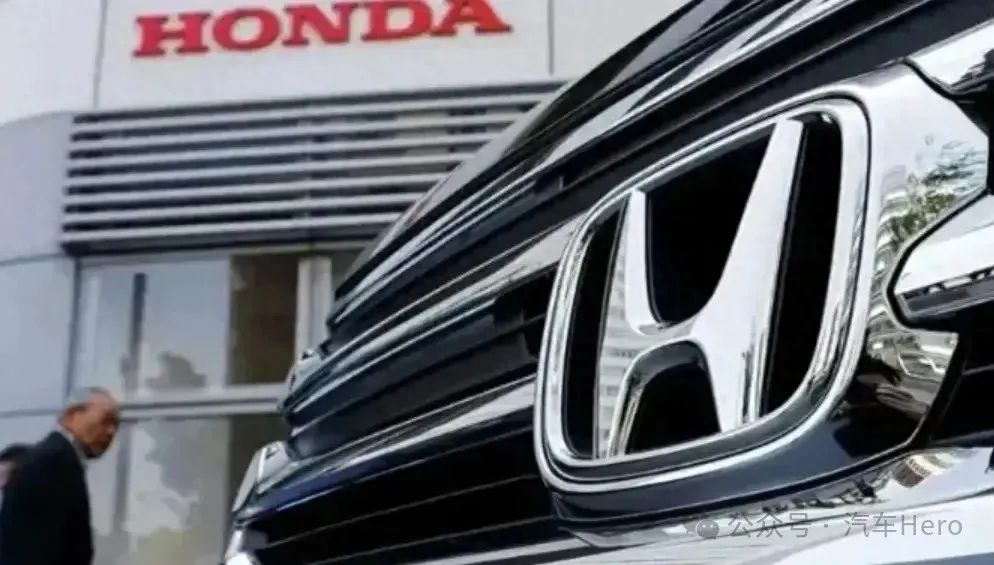
Honda's cumulative sales in September were 62,586 units, a year-on-year decline of 42.93%. This marks the third consecutive month that Honda's sales in China have fallen by more than 40%. From January to September this year, Honda's cumulative sales in the Chinese market reached 588,018 units, a year-on-year decline of 29.27%. This is not just falling behind, friends, it's more like losing sight of the team altogether.
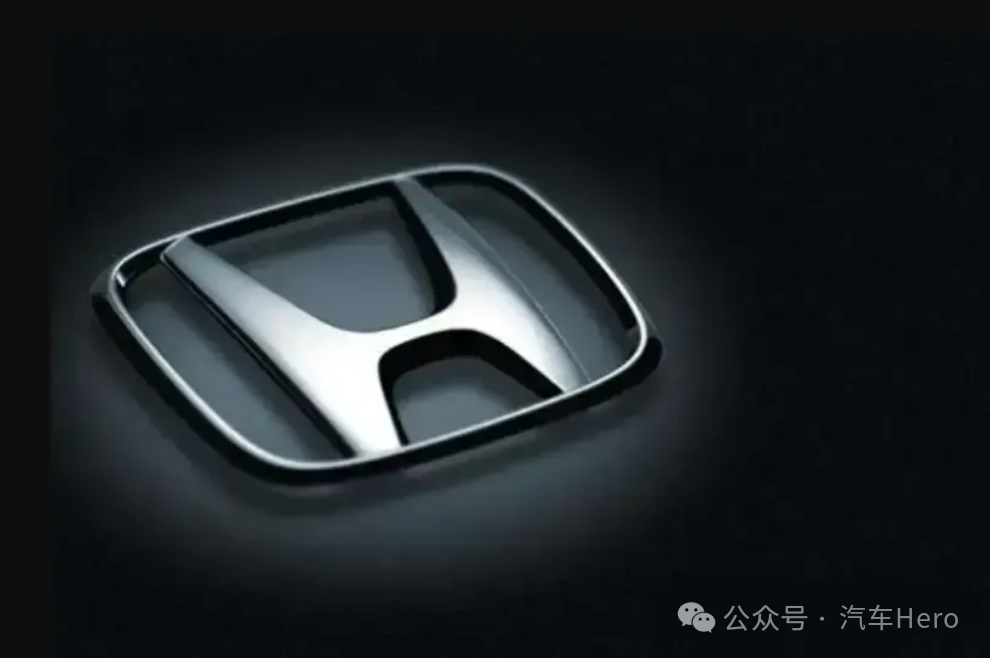
Recall that Honda's best-selling year in China was 2020, when it sold approximately 1.63 million vehicles. Such a performance may be difficult to replicate in the future. Faced with such a clear shift in fortunes, Honda is undoubtedly anxious and has become more aggressive. However, when the entire market is filled with pessimistic voices about the decline of joint ventures, Honda's resistance appears weak.
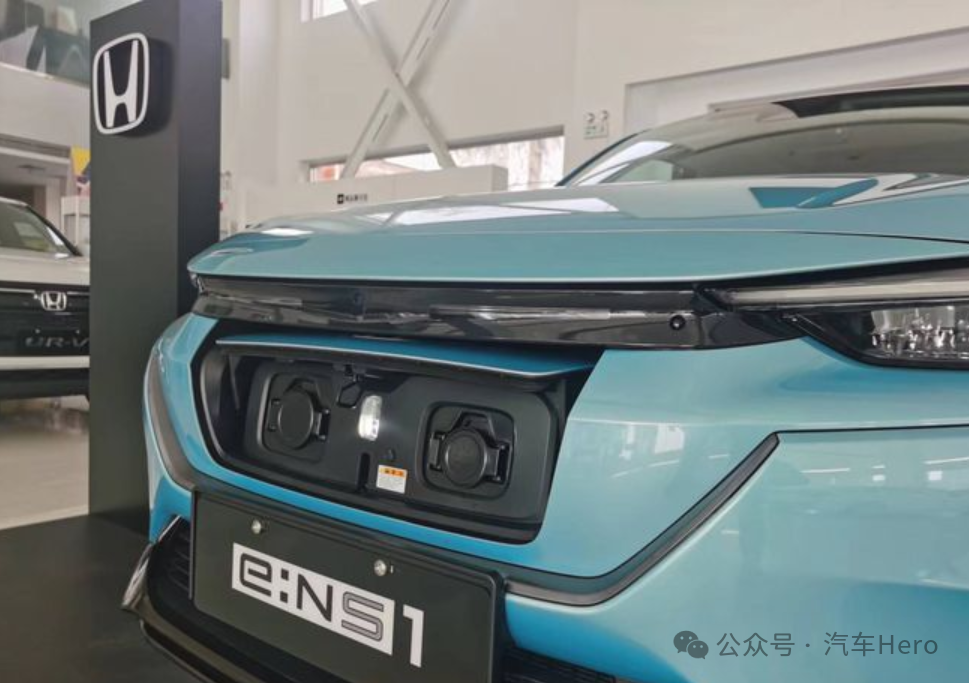
Japanese cars are too rigid. Looking back at the antics of Japanese cars over the years, this is a common conclusion among many industry insiders. Indeed, in this new energy battle, Japanese cars have often failed to address the changing needs of Chinese consumers.
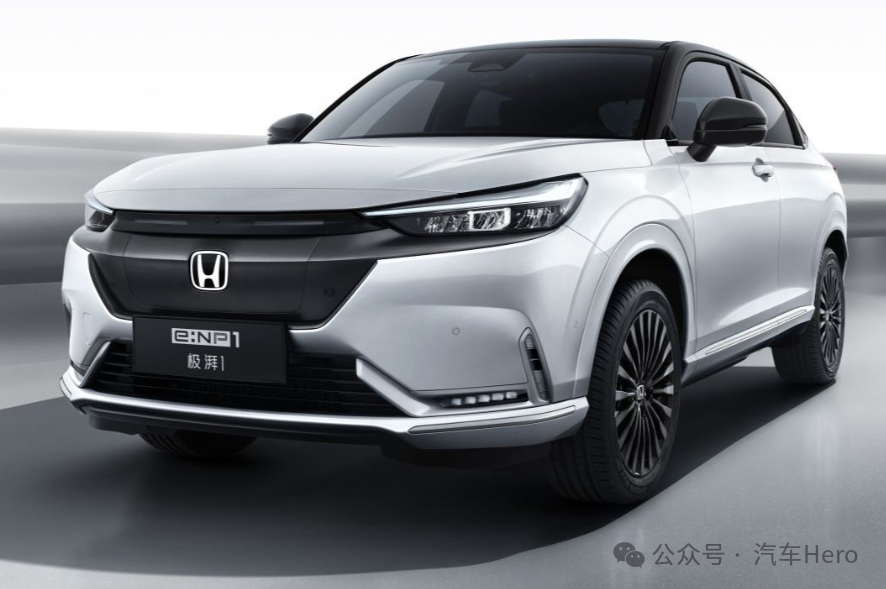
Take Honda's "Ye," Honda Lingxi L, and Honda e:NP/S1 electric vehicles as examples. These models have all flopped essentially because Japanese cars, basking in the glow of past sales figures and accolades, have lost touch with the real needs of Chinese consumers.
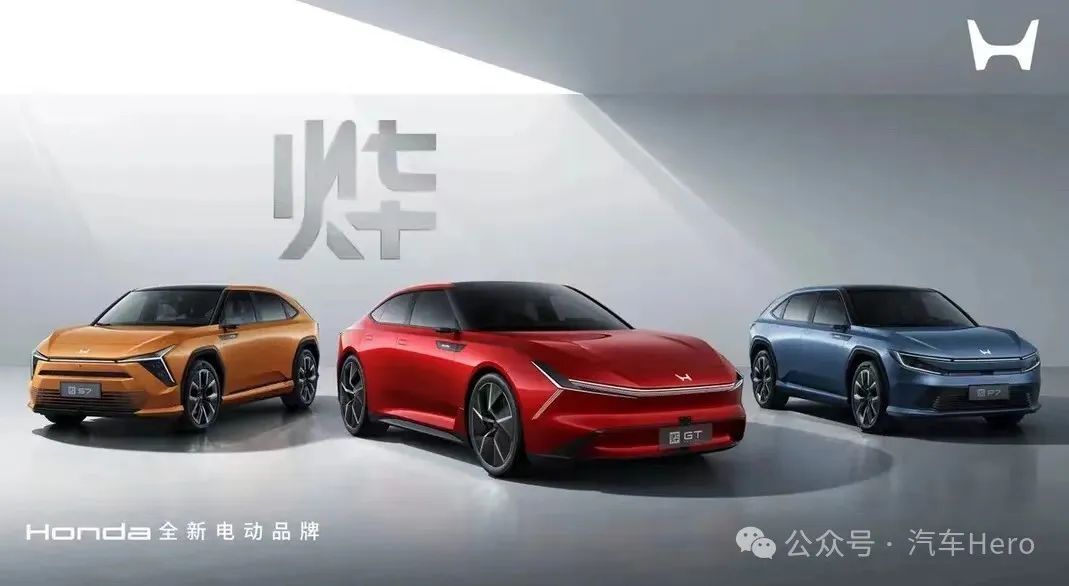
In conclusion, the changing consumption habits of today's younger generation, who trade in their cars every few years, have rendered the reliability and durability of traditional Japanese cars obsolete. Domestic cars offer a wealth of options in terms of quantity, appearance, interior, and power configuration, surpassing Japanese cars in all aspects. Furthermore, the inevitable consequence of choosing the wrong path is clear. Like Toyota, Honda has adopted a technology strategy of "emphasizing hybrids, neglecting pure electric vehicles, and betting on hydrogen energy." So far, none of these paths have proven viable. It's only a matter of time before Honda wakes up from its dream and realizes that it risks becoming cannon fodder.






